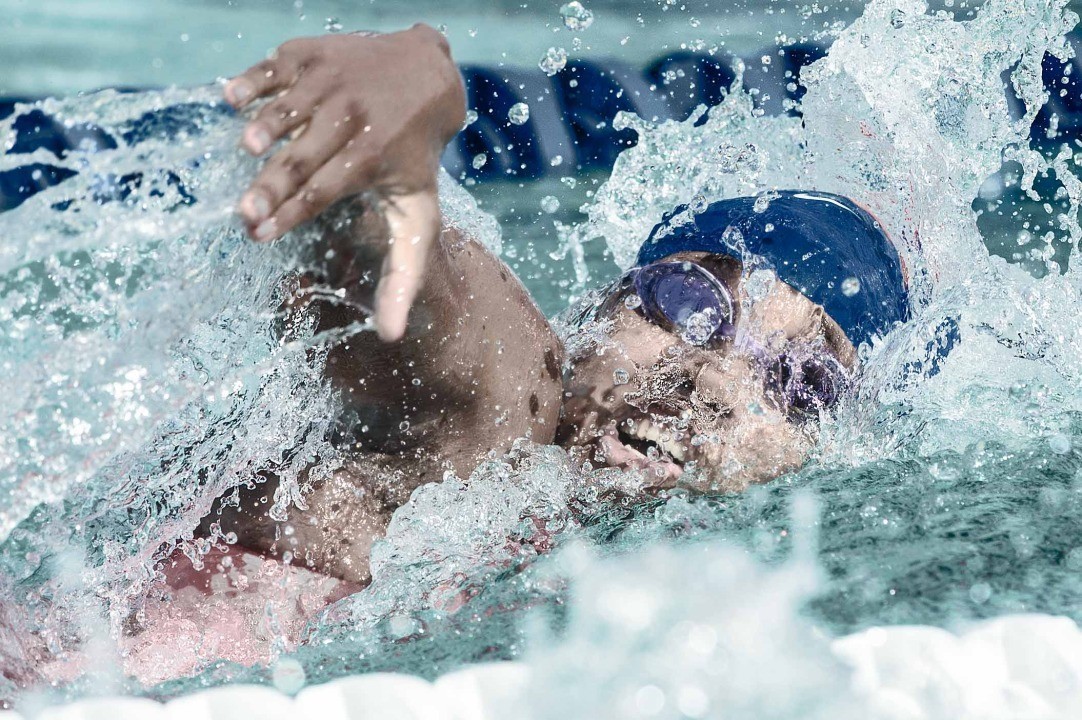One of the biggest challenges for educators and coaches over the past several years has been finding proven methods for engaging young people in creating self-direction, and empowering them to overcome the obstacles in their lives. In other words, how can we get students, and student-athletes to be more intrinsically engaged in their endeavors, and best manage their emotions and behaviors?
There is a difference between motivation and self-regulation. Students, and athletes, can be motivated to succeed yet lack the necessary regulatory skills to get started, or to complete the task. While some are able to see the end goal, and take initiative, others have difficulty generating momentum, or find themselves disengaging when the going gets tough. While there are a myriad of explanations for this reality ( a topic for another article!) the central question remains;
How do we help these students, and student-athletes, progress?
Self-Regulation Theory (Zimmerman), Self-Theories (Dweck), and Flow Theory (Csikszentmihalyi) all speak to strategies that help individuals exert more control over their thoughts, feelings, and actions in order to best optimize their performance. Unfortunately, many young folks are taught to focus only on outcomes (grades, test scores, time standards, winning, etc…) without looking at the involved process required in order to get there. Again, what can coaches and educators do?
ONE
Help them access their strengths.
TWO
Teach them to monitor their thoughts and feelings; In many ways learning and achievement is an emotional construct. When we do not feel good about our ability to fully understand, or engage, or reach a prescribed outcome, we feel badly about ourselves, and therefore lose our initiative.
THREE
Provide constant feedback and appropriate challenges – Receiving constant feedback supports young people in monitoring themselves and their progress. One small achievement encourages others.
FOUR
Challenge students, and student-athletes, to provide feedback for themselves; Knowing what we do not yet know is progress. It sure beats not knowing what we don’t know! Help your students, and athletes, see that.
FIVE
Encourage, and model, a Growth Mindset; When we assume a fixed mindset on a task, we see ourselves as capable or incapable, talented or not, smart or dumb, etc…This construct is learned! As long as we encourage kids to focus on outcomes rather than on process, we support a fixed mindset. A Growth Mindset encourages all of us to embrace challenges, overcome obstacles, and regulate our thoughts and emotions. When we are better able to adapt this approach, we find we are happier, healthier, more motivated, and more optimistic.
Give it a try, and please continue to let me know how it goes!
ABOUT PETE THOMPSON
 Pete has worked in the sport psychology and human development fields with Fortune 500 companies, Division I,II, and III collegiate athletes, as well as high school and middle school staff and students. He was a swimming coach at the club, high school and collegiate level for 30 years. Pete now runs a private Sport Psychology and Adolescent Life Coaching practice, working with student-athletes nationwide. His life coaching sessions for adolescents are designed to create challenge, teach resilience, and instill self-esteem. For information regarding Pete’s Life coaching and sport psychology services click here.
Pete has worked in the sport psychology and human development fields with Fortune 500 companies, Division I,II, and III collegiate athletes, as well as high school and middle school staff and students. He was a swimming coach at the club, high school and collegiate level for 30 years. Pete now runs a private Sport Psychology and Adolescent Life Coaching practice, working with student-athletes nationwide. His life coaching sessions for adolescents are designed to create challenge, teach resilience, and instill self-esteem. For information regarding Pete’s Life coaching and sport psychology services click here.
